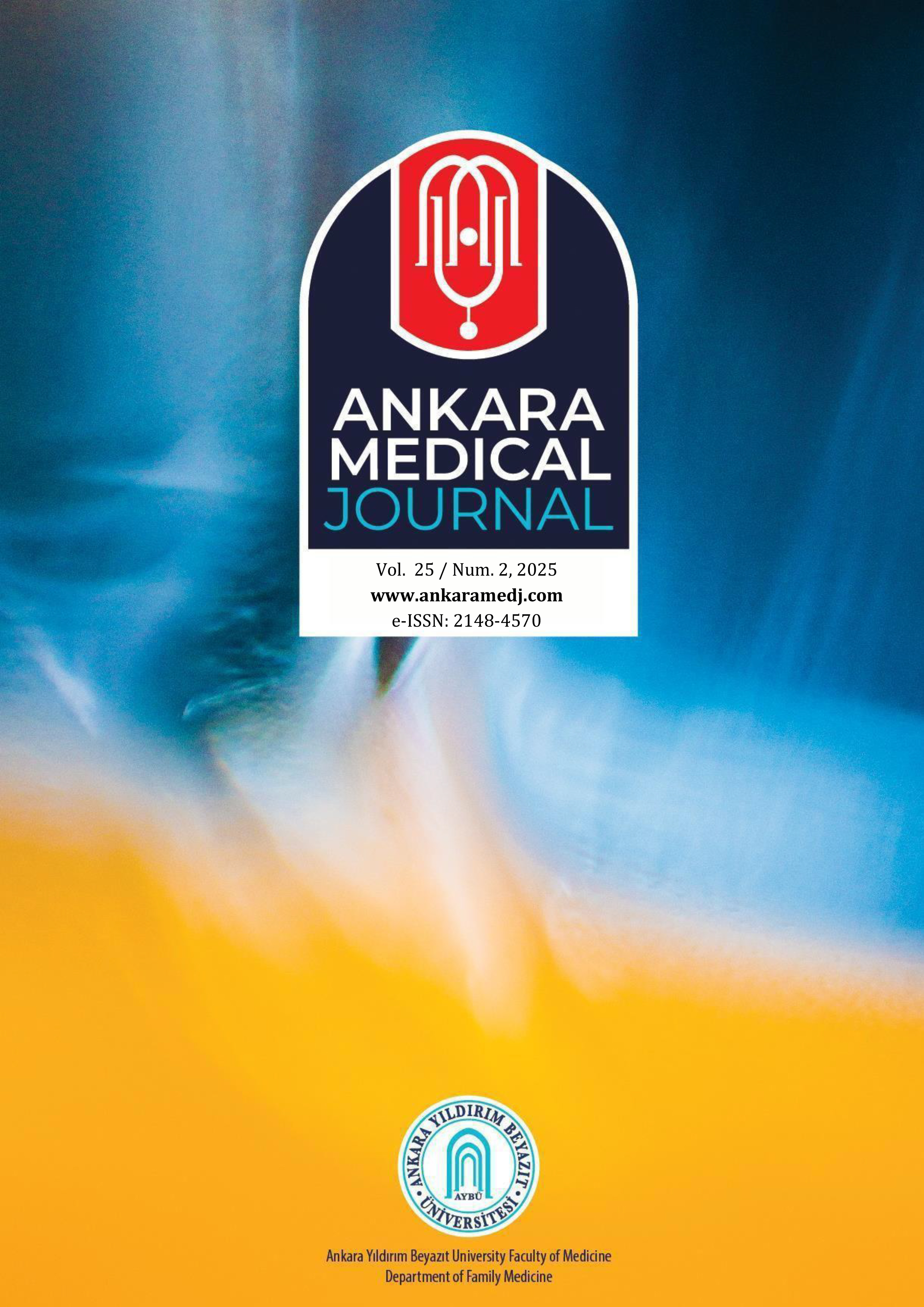The Relationship Between Smartphone Addiction Levels and Psychological Symptoms and Sleep Quality Among Medical Students
Muhammet Özmen1, Kamile Marakoğlu1, Muslu Kazım Körez21Department of Family Medicine, Faculty of Medicine, Selcuk University, Konya, Turkey2Department of Biostatistics, Faculty of Medicine, Selcuk University, Konya, Turkey
INTRODUCTION: In this study, it was aimed to determine the level of smartphone addiction in medical students and its relation to some psychological symptoms and sleep quality.
METHODS: The research data were composed of four parts. A sociodemographic data form consisting of 30 questions was prepared by the researcher, including the Smartphone Addiction Scale-Short Version (SAS-SV), the Brief Symptom Inventory (BSI), and the Pittsburgh Sleep Quality Index (PSQI).
RESULTS: According to the evaluation made by considering the cut-off points of the SAS-SV, 34.41% of the students were found to be at risk of smartphone addiction. SAS-SV scores were highest in those who used their smartphones for eight hours or more daily and those who checked their smartphones 51 times or more in a day. The highest risk of smartphone addiction was found among those who left their phones in bed or under the pillow at night, those who checked their phones within one minute after waking up in the morning, and those who charged their smartphones more than once daily. Students' BSI three global indices and median scores of all sub-dimensions were higher in those at risk of smartphone addiction. In addition, significant positive correlations were found between the SAS-SV scores and the PSQI total scores.
DISCUSSION AND CONCLUSION: The results indicate that psychological symptoms and sleep quality are associated with smartphone addiction. This may lead to depression and/or anxiety, which can consecutively result in sleep problems. Responsible use of smartphones may have a positive effect on students mental health and sleep.
Makale Dili: İngilizce
(749 kere indirildi)





